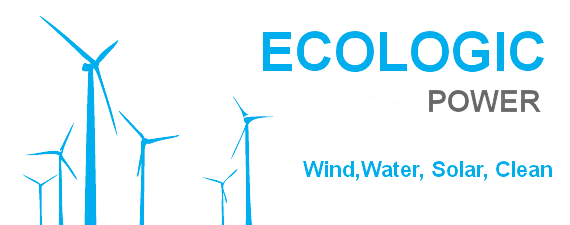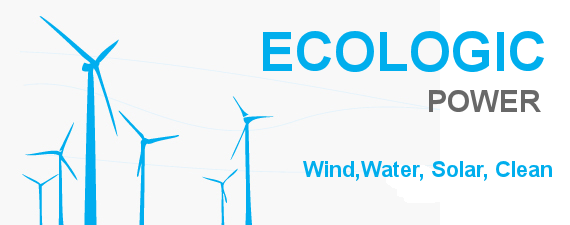Imagine finding the perfect spot to call home, where your tiny house fits like a snug glove. A place that welcomes your dreams of simplicity and freedom while offering a sense of bbelonging
n this article, we guide you through the maze of zoning regulations, legal considerations, and land ownership options, helping you discover the ideal location for your tiny house.
Whether you crave the serenity of off-grid living or the convenience of an on-grid community, we’ve got you covered. Let’s embark on this journey together and find the perfect place for your tiny house.
Zoning Regulations and Legal Considerations
Zoning regulations and legal considerations can impact where you’re allowed to put a tiny house. When it comes to tiny house living, it’s important to understand the rules and regulations in your area.
Tiny house building codes vary from place to place, so it’s crucial to research the requirements specific to your location. Some areas may have minimum square footage requirements that you need to meet in order to legally live in a tiny house. These regulations are put in place to ensure safety and maintain the integrity of the community.
Choosing the Right Location for Your Lifestyle
Finding the perfect spot for a tiny home depends on your lifestyle and what you’re looking for. Whether you want to be close to nature or have easy access to urban amenities, there are a few factors to consider. Firstly, sustainable living is a key aspect to keep in mind. Look for locations with access to renewable energy sources or areas that promote eco-friendly practices. Additionally, financial considerations play a role. Some areas may have lower land costs or offer incentives for tiny home living. To help you make an informed decision, here’s a table outlining three potential locations and their unique features:
| Location | Lifestyle | Features |
|---|---|---|
| Mountain | Nature enthusiast | Stunning views, hiking trails |
| Urban | City dweller | Access to amenities, culture |
| Coastal | Beach lover | Relaxing atmosphere, water sports |
Consider your preferences and priorities to find the perfect spot that aligns with your values and desires for belonging.
Off-Grid Vs. On-Grid: Which Is Right for You
When deciding between off-grid and on-grid living, it’s important to consider your energy needs and sustainability goals. Here are some key factors to consider:
-
Solar Power: Off-grid living requires you to generate your own electricity, usually through solar panels. This option allows you to harness renewable energy and reduce your reliance on the grid.
-
Water Sources: Off-grid living often involves collecting and conserving water from natural sources, such as rainwater harvesting or well water. On the other hand, on-grid living provides access to municipal water systems.
-
Independence: Off-grid living offers a sense of self-sufficiency and independence as you are not dependent on external infrastructure. On-grid living, however, provides convenience and reliability with access to utilities.
-
Environmental Impact: Off-grid living generally has a smaller carbon footprint since you are producing your own energy and conserving resources. On-grid living may rely more on fossil fuels, but advancements in renewable energy are reducing this impact.
Consider your priorities and lifestyle when deciding between off-grid and on-grid living. Find the option that aligns with your values and fosters a sense of belonging to your environment.
Land Ownership Options for Tiny House Placement
One option for placing your tiny house on a piece of land you own is to lease a portion of your property for long-term use. This allows you to not only maximize the potential of your land but also foster community partnerships and engage in land sharing initiatives.
By opening up your land to others, you create a sense of belonging and build connections with like-minded individuals. You can collaborate with others to create shared spaces such as gardens or recreational areas, promoting a sense of togetherness and a sustainable lifestyle.
Through land sharing, you can not only find a suitable spot for your tiny house but also contribute to the development of a vibrant and supportive community. So, consider leasing a portion of your land and embark on a journey of community building and sharing.
Finding Tiny House-Friendly Communities and RV Parks
If you’re looking for a place to park your tiny home, you’ll be glad to know that there are communities and RV parks that are friendly and accommodating to your needs. These places understand the unique requirements of tiny house living and provide a supportive environment for individuals seeking a sense of belonging.
Here are some things to consider when searching for tiny house-friendly communities and RV parks:
-
Look for communities that specifically advertise themselves as being tiny house-friendly. These places are more likely to have the necessary infrastructure and regulations in place to accommodate your tiny home.
-
Check RV park regulations to ensure that they allow long-term stays and tiny houses. Some parks may have restrictions on the size or age of the units they allow.
-
Seek out communities or parks that offer amenities such as water, electricity, sewage, and garbage disposal services. These amenities can make your tiny house living experience more comfortable and convenient.
-
Research the location and surrounding area to ensure it aligns with your lifestyle and preferences. Consider factors such as proximity to amenities, nature, and community events.
Conclusion
Congratulations! You’ve reached the end of your tiny house journey. Now that you’re armed with knowledge about zoning regulations, location choices, grid options, and land ownership, you’re ready to embark on this minimalist adventure.
Remember, like a tiny house on a beautiful hill, the possibilities are endless. So find the perfect spot, let your dreams take flight, and watch as your tiny house becomes a haven of simplicity and freedom.
Happy tiny house living!


